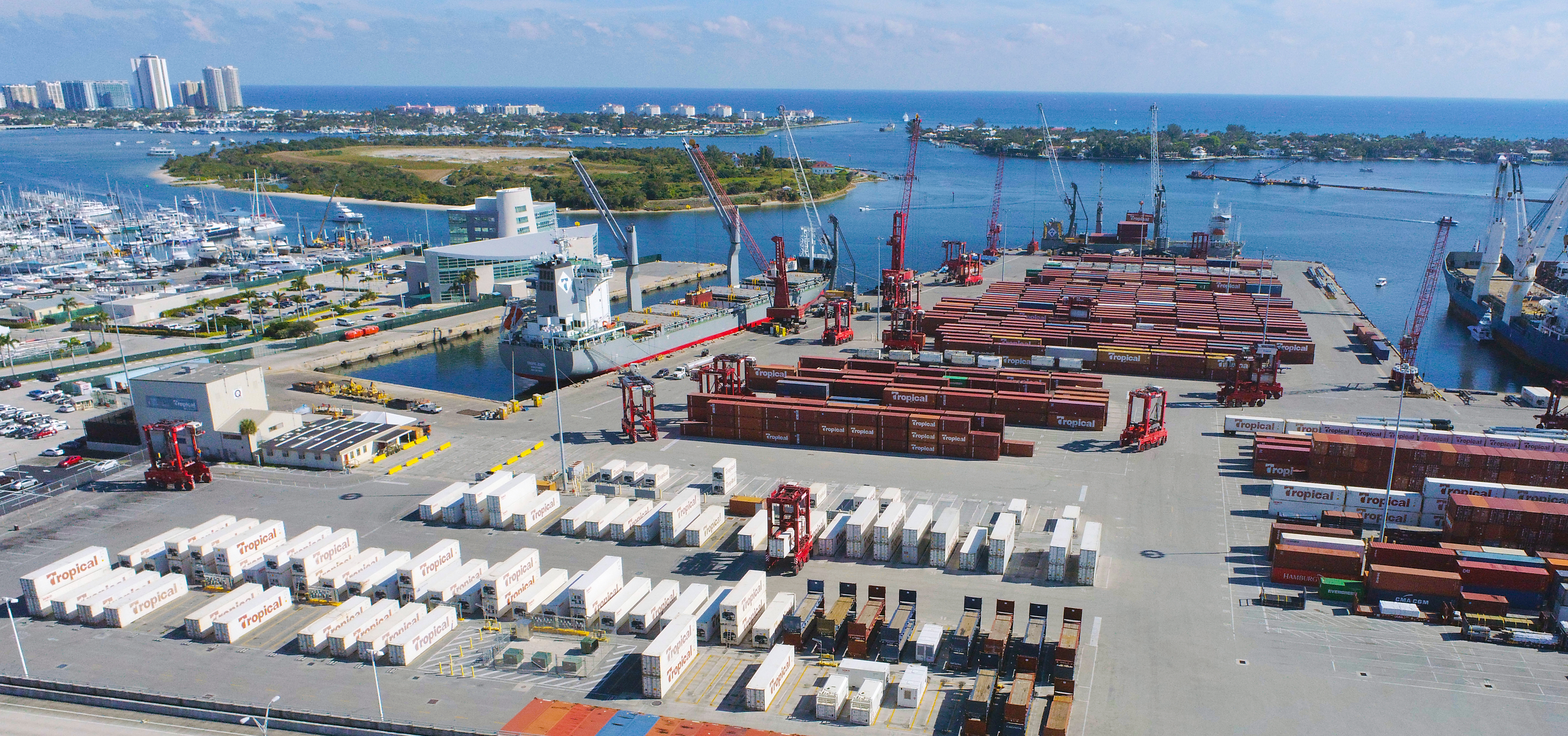How security training can reduce human trafficking in hotels
Security teams in the hospitality industry must work diligently to prevent and identify human trafficking in and around their facilities.

RichLegg / E+ via Getty Images
According to the International Labor Organization (ILO), there are more than 40 million people enslaved around the world. While exact numbers of trafficked individuals are challenging to ascertain since many victims do not self-disclose or may believe there is no way out, it is estimated that 25% of the 40 million people being trafficked are children.
As a sector, the hotel and hospitality industry sees 60% of human trafficking and exploitation globally, with that percentage of trafficking taking place in local hotels and motels. In response to these crimes, many states in the U.S. have created legislation that requires hotel staff to be trained on the signs of human trafficking and to set up a reporting protocol both on property and with local law enforcement. For example, Florida passed legislation in 2019 requiring all hotel staff to be trained within 60 days of hire to ensure the hospitality industry equips staff to disrupt the cycle of trafficking.
In addition to legislative efforts, there are human trafficking task forces around the nation that work closely with the hospitality industry to prevent trafficking on property and assist in recovery operations when needed.
Human trafficking in the hotel and hospitality industry puts victims, hotel staff and hotel customers at risk. Human trafficking can be missed by hotel staff and security teams for a number of reasons, including not knowing what signs to look for or dismissing known signs of trafficking victims as symptomatic of another issue.
Recognize the Signs of Human Trafficking
Knowing what to look for and how to intervene can help hotel security teams and front desk, housekeeping and restaurant staff interrupt a possible threat. Here are a few signs the teams can look for to identify potential human trafficking in their facilities.
Victim Behaviors
When it comes to victims of human trafficking, there are a number of behavioral signs that hotel security staff and general employees can recognize. Victims of human trafficking may appear disheveled or disoriented, or display signs of fear, anxiety or tension.
Hospitality staff should watch for other visual signs of human trafficking, including visible tattoos signaling ownership, young women or girls accompanied by older men, and people who make little or no eye contact during interactions with staff.
Signs for front desk staff to monitor:
- Room paid for in cash or with a different card than the reservation
- Bookings done completely online and with keyless entry
- Few or no personal possessions
Signs for housekeeping/maintenance staff to monitor:
- Excessive amounts of sex or drug paraphernalia in the room
- Multiple computers, cell phones or credit card swipe devices
- In-room dining for multiple days
Some people who have not experienced the scope of human trafficking may not fully grasp the level of trauma that victims experience. It’s easy to feel confused and wonder, “Why don’t they just leave?” Victim advocates compare the trauma of being trafficked to the post-traumatic stress disorder (PTSD) of a prisoner of war — it’s a personal assault on freedom, the body, mind and spirit.
When staff sees the signs of human trafficking, security teams must have a clear response protocol in place to act quickly and keep everyone safe, especially the victim. The staff’s job is to see it and report it.
It’s the security team’s role to work with law enforcement and trained victim advocates to manage everything else that has to do with the individual being victimized and arresting the perpetrator.
Training Hotel Staff to Report Suspected Trafficking
The best way to keep hotel staff, guests and property safe is consistent training. Recognizing and reporting human trafficking requires monthly or quarterly conversations with all hotel staff. An interactive training program can help engage staff meaningfully in the conversation — no check boxes allowed!
Security teams can use training that empowers the team to recognize signs of human trafficking and act when they witness suspicious activity. It’s critical to define clear reporting protocols for staff, create a safe space for employees to report what they see, and reward employees for their diligence.
When it comes to human trafficking intervention, there are people’s lives at stake. Put a high-level priority on this training to reduce liability. Hotels can be sued by trafficking survivors for turning a blind eye. This can be prevented through training and effective communication.
Educate Hotel Staff on Human Trafficking Prevention
Security teams in the hospitality industry can continually share resources about human trafficking education, prevention and intervention, from distributing information articles to staff, to inviting them to events they can participate in as a team. Engage in conversations about human trafficking during all-team meetings. Hotel security should also develop partnerships with local task forces and organizations working in trafficking education and survivor support.
Human trafficking is the second fastest-growing crime around the globe. By training hotel staff to recognize the signs of trafficking; creating clear reporting protocols; and collaborating with anti-trafficking community leaders, teams can reduce the risk of human exploitation happening in and around hotels and, if it does occur, catch it quickly to reduce the threat level. One conversation can save a life and keep the property safe.
Looking for a reprint of this article?
From high-res PDFs to custom plaques, order your copy today!








